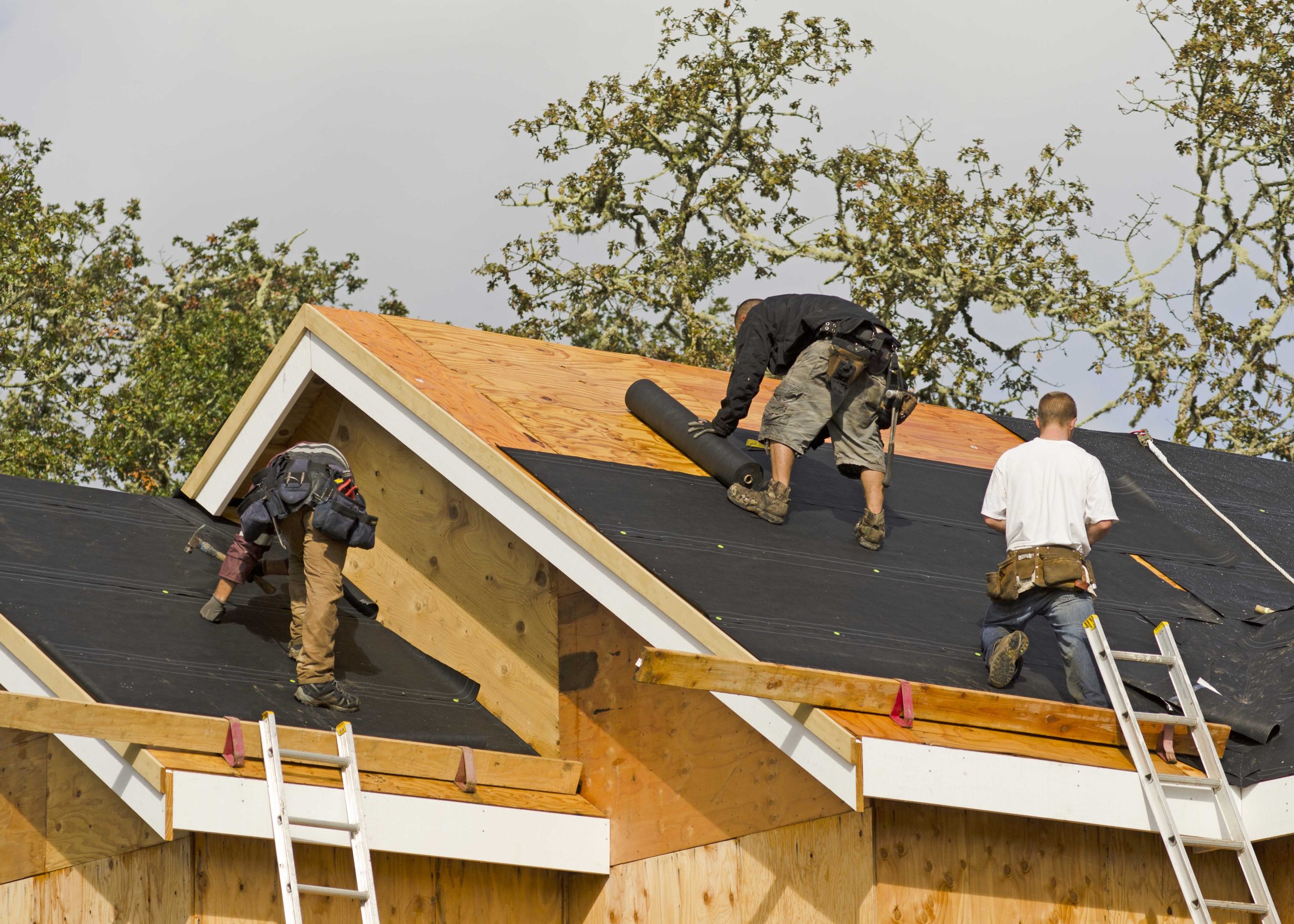Professional Roof Repair Experts in Providence
It’s essential to make roof inspections and repairs a priority Roof repair services from a professional are essential for Providence homeowners who want to protect their home and avoid costly roofing problems in the future. Regular roof maintenance is necessary to ensure that the roof is in top condition and is able to withstand the elements. Without regular repairs and maintenance, a roof can become damaged due to high winds, heavy rain, snow, or falling debris. Professional roofers can help to repair any damage that has occurred and to prevent further damage in the future. Additionally, roof repair services in can help to diagnose any potential issues before they become major problems, which can save homeowners money in the long run. In short, roof repair services from a professional, like those in our network, are essential for RI homeowners who want to protect their home and avoid costly roofing problems in the future.

Get Your Fast, Local Roof Repair Estimate
1. Call us or Complete our Local Estimate Form
Our calls and form completions are made simple for you. Our roof repair contractors have a several years of experience and deliver quality service! You can feel confident that your roof will be in great hands with one of our network professionals.
2. Connect with a local Providence roof repair expert
Completing our form is great if you are busy right now and want someone to get back to you at a later time. A call will connect you with a roofing professional quicker. Receive your competitive estimate; often you can receive an estimate right on the phone call, sometimes a little more discovery is involved, and the roofing pro might want to do some basic roof inspections before giving the estimate.
Water Damage and Your Home: Navigating Insurance Policies
Understanding the Insurance Landscape
Water damage constitutes one of the most common and damaging threats to homes. Fortunately, homeowners insurance typically provides coverage for water-related incidents. However, understanding the intricacies of your policy is paramount to ensuring adequate financial protection. Insurance policies vary significantly in their coverage terms, and it is essential to be fully aware of the specific provisions that apply to water damage.
Types of Water Damage Coverage
- Sudden and Accidental Water Damage: Covers water damage caused by unexpected and unintentional events such as burst pipes, leaks, and appliance malfunctions.
- Gradual Water Damage: Coverage for damage that occurs over time due to slow leaks, seepage, or condensation. This type of damage is typically excluded from most standard policies but may be available as an optional endorsement.
- Flood Damage: Specialized flood insurance policies are required to cover water damage caused by natural disasters such as hurricanes, floods, and rising groundwater.
Coverage Exclusions to Be Aware Of
While homeowners insurance provides comprehensive protection, it is essential to note the common exclusions that apply to water damage coverage:
- Negligence: Damage caused by neglect or improper maintenance is generally not covered.
- Maintenance Issues: Failure to maintain plumbing systems, appliances, and roofs can void coverage.
- Acts of Nature: Damage resulting from hurricanes, floods, and earthquakes may require specialized coverage.
- Sewer Backups: Most policies exclude coverage for damage caused by sewer backups unless a separate endorsement is purchased.
Filing a Water Damage Claim
In the event of water damage, prompt action is imperative.
Steps to File a Claim:
- Contact your insurance provider immediately to report the damage.
- Document the damage thoroughly with photographs and videos.
- Preserve damaged items if possible, as they may be required for inspection.
- Provide detailed information about the cause and extent of the damage to your insurance adjuster.
Tips for Preventing Water Damage
Proactive measures can significantly reduce the risk of water damage:
- Regular Maintenance: Inspect and maintain plumbing systems, appliances, and roofs regularly to detect potential problems early on.
- Install Leak Detection Devices: Install water sensors and leak detectors in areas prone to leaks, such as under sinks and near appliances.
- Elevate Appliances: Place appliances on elevated platforms or stands to minimize water damage in the event of a leak.
- Protect Against Freezing: Insulate pipes and faucets in unheated areas to prevent freezing and subsequent bursting.
- Consider Flood Insurance: In areas prone to flooding, consider purchasing flood insurance to supplement your homeowners policy.
Conclusion
Water damage can pose a significant threat to homes, but homeowners insurance provides essential protection against the financial consequences. It is imperative to understand the terms and limitations of your policy to ensure adequate coverage. By taking preventive measures and responding promptly to water damage incidents, you can minimize the impact on your home and finances.